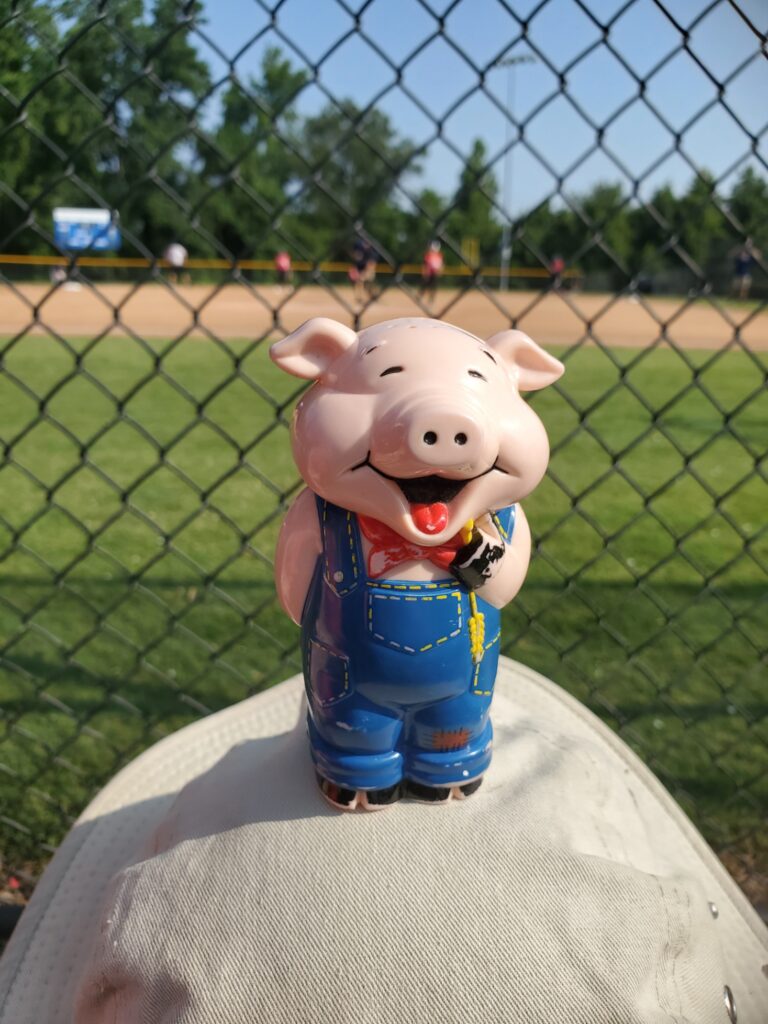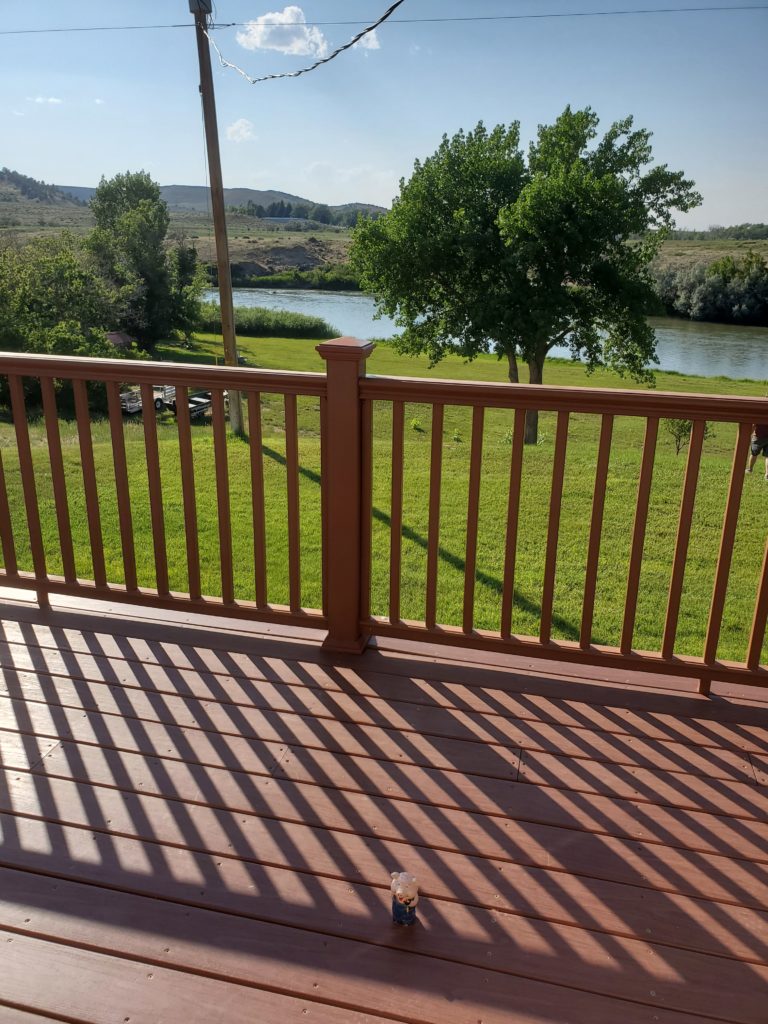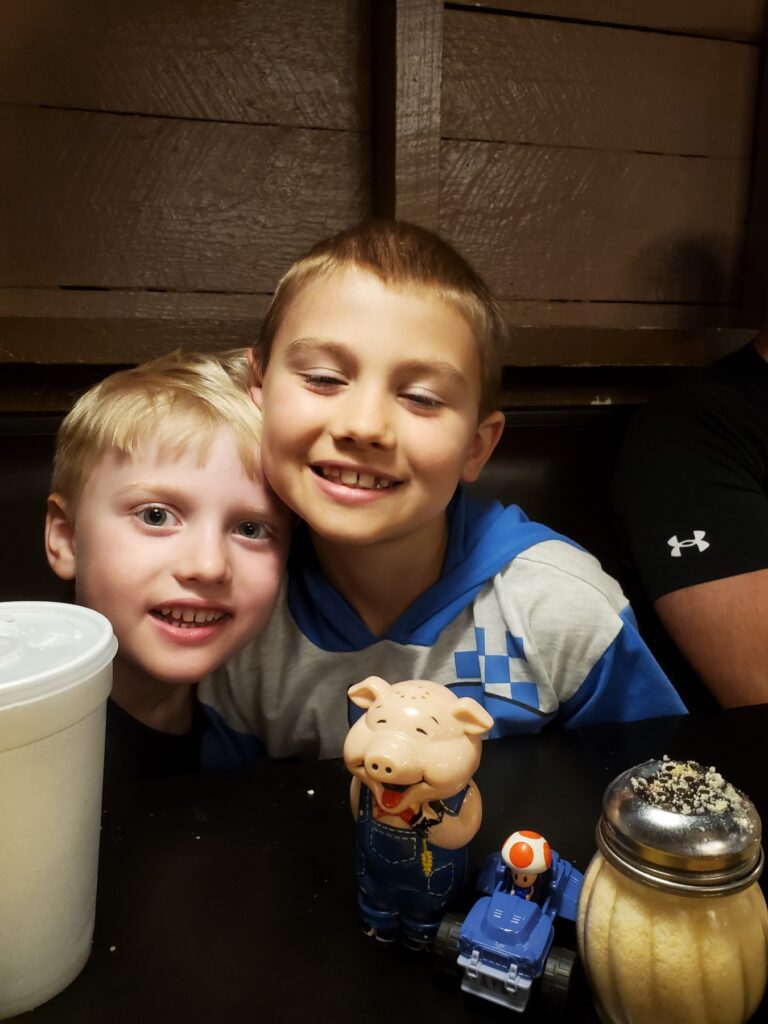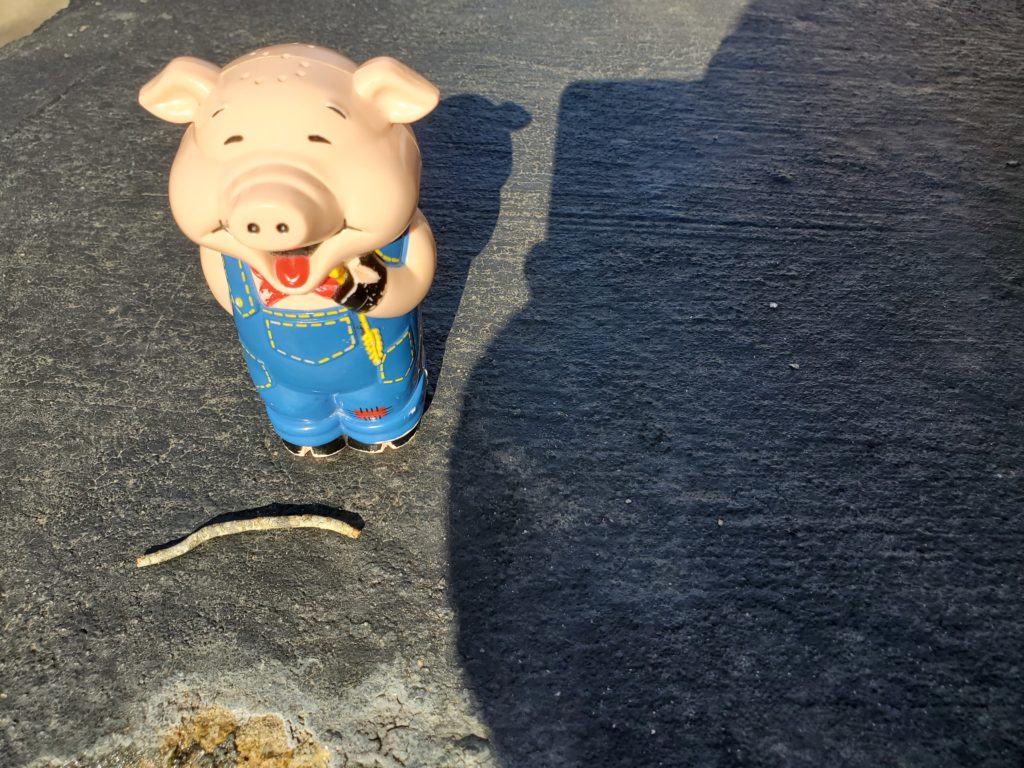
Prodigal: I was drawn to this like duck to water.
Me: It is mighty pretty.
This is from the book God’s Psychiatry by Charles L. Allen
Each one of God’s ten rules for living are vital, but in giving them to Moses, God said more about the fourth than any other. God needed only four words in regard to killing, but He used ninety-four words to tell us to “remember the sabbath day, to keep it holy,” In the first place, God tells us to remember. In a scientific sense, one never forgets anything. Every thought we have is registered forever on our minds, but, practically, we can forget almost everything. We forget dates and names, we forget duties and even God. Some things we forget on purpose because the remembrance of them is not pleasant. Other things we forget because our minds are preoccupied with other matters. We forget to keep God’s day. But God says man needs to set aside a day each week to keep it holy, and to fail to keep that day holy is to suffer.
Then said Pilate to the chief priests and to the people, I find no fault in this man. Luke 23:4 (KJV)
Jennifer Van Allen
www.theprodigalpig.com
www.faithincounseling.org

























